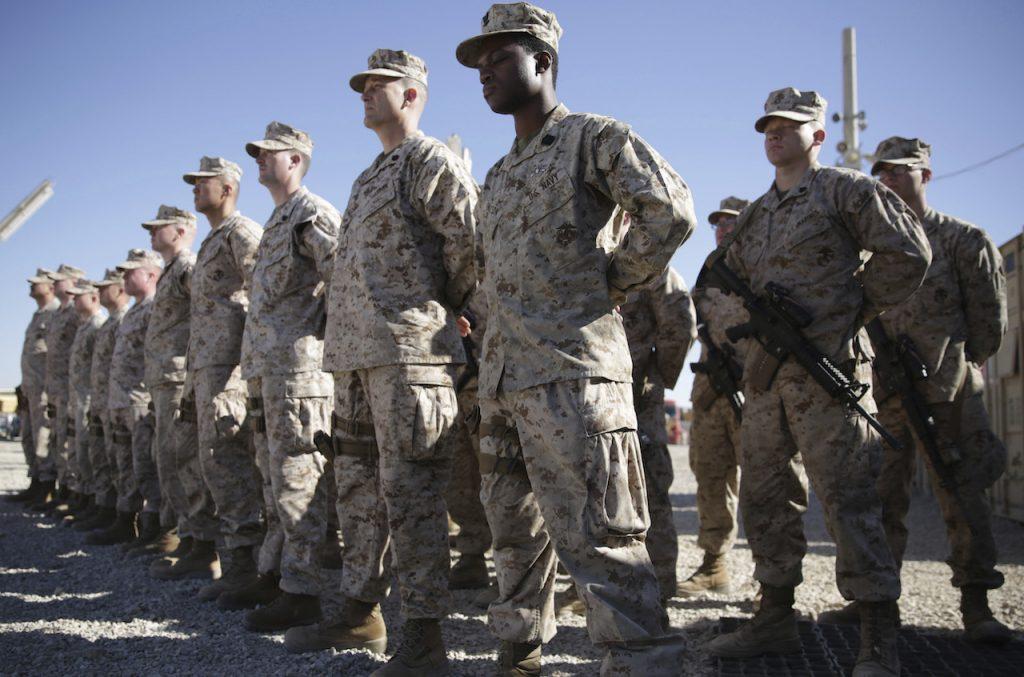Pakistan won’t support return of Taliban to power, says Afghan president
Analysts warn that the US troop withdrawal all but ensures heightened instability in Afghanistan, with potentially troubling security implications for Pakistan itself.
Just In
Afghan President Ashraf Ghani has said that Pakistan will not support the return of the Afghan Taliban to power after US troops finally withdraw.
Concerns are growing about the Afghan military’s ability to defend the capital and other areas under its control without the support of the international troops it has relied on for years.
Over the last few days, the Taliban have overrun a major military base and also captured a strategic district close to Kabul, reports the Pakistan Daily Times.
Ghani’s statement came just days after Pakistan’s army chief Gen Qamar Javed Bajwa’s recent visit to Kabul. “Pakistan’s army, in utter clarity, announced that the revival of Islamic Emirate is not in Pakistan’s national interest,” Ghani said. “Afghanistan’s peace and stability means peace and stability in the region.”
He added that Bajwa committed his support for “the republic” – which is the current government in Kabul.
“Pakistan is also not keen on seeing an extremist ideology taking root in Afghanistan. It represents a risk for the generals and Pakistan’s democracy as well,” Toreq Farhadi, a former adviser to the Afghan government, told Arab News.
“Pakistan wants a political settlement in Afghanistan where Taliban can be part of the governing structure. It opposes a total takeover of power by the Taliban.”
Afghanistan and Pakistan share a mountainous 2,670km border which has long served as a safe haven for many militant groups including the Afghan Taliban.
Since the early 1990s, Pakistan has supported the Taliban in Afghanistan in an attempt to push its regional security interests. Pakistan was one of the few countries that established diplomatic relations when the Taliban’s government came to power in Kabul.
However, Pakistan reportedly told the Taliban recently that the group may lose its support if it doesn’t show flexibility in the ongoing peace process. “Enough is enough” were the words reportedly used by the Pakistani leadership to convey its displeasure to the Taliban, reports the Diplomat.
In any case, Pakistan’s role in the Afghan peace process may largely become irrelevant if the anticipated volatility in Afghanistan becomes a big security headache.
Analysts warn that the US troop withdrawal all but ensures heightened instability in Afghanistan, with potentially troubling security implications for Pakistan itself.
“Increased instability in Afghanistan will produce spillover effects – increases in refugee flows, a more robust drug trade, the heightened risk of cross-border terrorism – that Pakistan won’t want,” Michael Kugelman, an analyst with the Wilson Center in Washington, told The Diplomat.
“Another major concern for Pakistan would be that Taliban advances – and especially a Taliban takeover in Afghanistan – could galvanise Islamist terrorists in Pakistan, including an already-resurgent Pakistani Taliban. These would be very problematic scenarios for Islamabad.”
Subscribe to our newsletter
To be updated with all the latest news and analyses daily.
